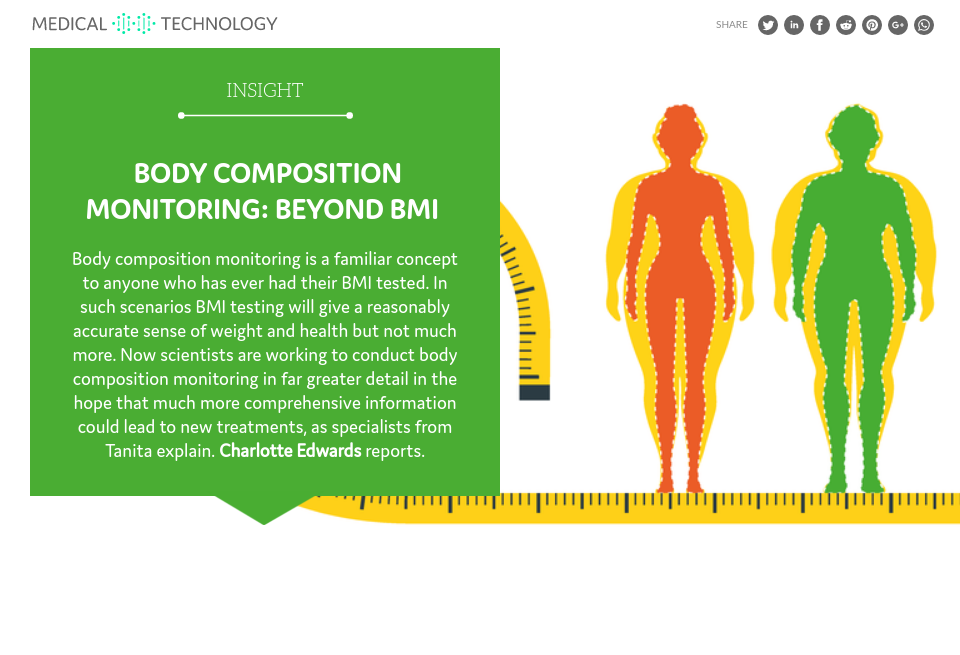

Healthy weight loss and healthy muscle gain both take a long time on their own: Put them together and you're in it for the long haul. Body recomposition is a long gameīecause you're trying to do two things at once - lose fat and gain muscle - you can't treat a body recomposition plan like a fad diet. There's one caveat to consider, though: If you want to lose a large amount of body fat and don't intend to put on much muscle mass, you may lose weight in the long run. So you can ditch the scale, because it doesn't differentiate between fat loss and muscle loss, and weight loss isn't the primary goal with body recomposition. I also feel much stronger than before I began a strength training program (a nonaesthetic benefit to body recomposition). I wear smaller clothes, however, and my body has more muscle tone than it did before. You may even gain weight, but have a smaller physique, at the end of your body recomposition program.įor example, I weigh exactly the same now as I did before I started exercising and eating healthy. As you progress through body recomposition, you may notice changes in your body, such as an overall firmer look or that your clothes fit differently. Muscle is denser than fat.ĭuring body recomposition, what changes, instead of weight, is your physique. On a body recomposition plan, you may maintain your current weight or even gain weight - remember hearing "muscle weighs more than fat"? This is semi-true. When your goal is body recomposition, ditch the scale and use a tape measure for a better idea of your progress.īody recomposition isn't about weight loss it's about fat loss. The goal of body recomposition is to lose fat and gain muscle simultaneously, unlike the traditional approach of "bulking and cutting" in which you intentionally put on a lot of weight first (muscle and fat) and then go through an intense calorie deficit to lose the fat and reveal the muscle underneath. What about body recomposition?īody recomposition refers to the process of changing your ratio of fat mass to lean mass - that is, losing body fat and gaining muscle mass. Depending on what method you use to measure your body composition, you may see water as its own percentage. Lean mass includes muscle, bones, ligaments, tendons, organs, other tissues and water - in other words, everything that's not body fat.

Sometimes, body composition is used interchangeably with body fat percentage, but body fat percentage is just one part of your overall body composition. Your body composition is the ratio of fat mass to lean mass in your body. Body composition refers to your body fat percentage and lean mass percentage.


 0 kommentar(er)
0 kommentar(er)
